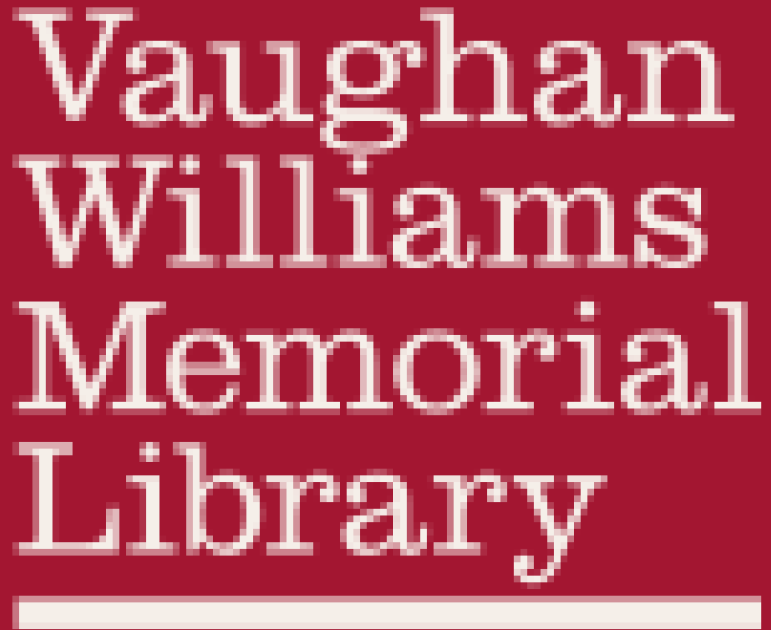Francis James Montgomery Collinson (1898-1984)
A musical director and musicologist, Francis James Montgomery Collinson was born on 20 January 1898 at Coates House, Manor Place, Edinburgh, the third of five children of Thomas Henry Collinson (1858-1928), organist at St Mary's Episcopal Cathedral, Edinburgh, and his wife, Annie Wyness Scott (d. 1939).
His father was Northumbrian, his mother Scottish. He attended Daniel Stewart's College, Edinburgh, leaving in 1914 to serve an apprenticeship under his father at St Mary's, where Francis had been a chorister. During the First World War he served for three years in motor transport in the Army Service Corps, having first been a Red Cross volunteer. On demobilisation in 1919 he matriculated in music studies at the University of Edinburgh. He threw himself into university musical life, playing in and conducting the Reid Orchestra, as well as conducting the student Yahoo Orchestra (which he developed into a large-scale theatre orchestra), and composing the annual musical show run by the student representative council. After gaining a MusBac in 1923 he sought his fortune in the sphere of musical entertainment in London, where he met with some success and conducted for both Cole Porter and Richard Tauber.
In 1941 Collinson took charge of the BBC's Country Magazine programmes. These programmes, many of them outside broadcasts, involved Collinson in the study, collection and arrangement of folk-songs throughout Britain, Bob and James Copper from Sussex and Harry Cox from Norfolk being three of his 'finds'. He not only published these arrangements in a series with Francis Dillon from 1946 onwards but also issued three unique 78 r.p.m. recordings of folk songs in the Gramophone Company's Plum Label series.
In 1951, Edinburgh University established the School of Scottish Studies and Collinson was invited back as the first musical research fellow, concentrating on the collection, study, and transcription of traditional song in both Scottish and Gaelic. In 1966 he made his name in the field of traditional music with his comprehensive and scholarly book The Traditional and National Music of Scotland. Thereafter, under the editorship of the great Gaelic folklorist John Lorne Campbell (1906-1996) he brought out three volumes of Hebridean Folksongs (1969, 1977, and 1981), presenting to the world genuine Gaelic traditional song. During this period he also produced The Bagpipe: The History of a Musical Instrument (1975).
Collinson died on 21 December 1984 in Peel Hospital, Galashiels, and was buried in Mortlach Church, Dufftown, Banffshire, on the 28 December. His manuscripts of music collected from English sources, principally in the southern counties, reside with the Vaughan Williams Memorial Library (VWML).
Browse the collection
Francis Collinson


